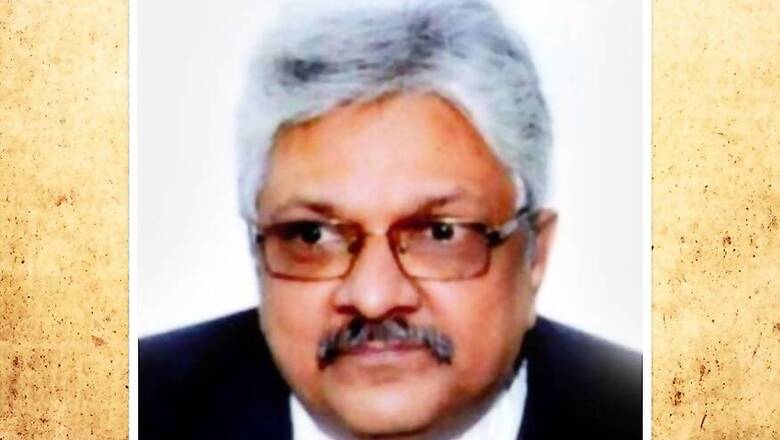
views
New Delhi: The Supreme Court Collegium, after much deliberation, has cleared the name of Justice KM Joseph for his elevation as a judge in the apex court.
Justice Joseph, who is currently the Chief Justice of the Uttarakhand High Court, had hit the headlines after a bench headed by him quashed the President's Rule in Uttarakhand in April 2016 and sharply criticized the manner in which the central rule was preferred by the governor in the state.
The judgment had finally resulted in restoration of Harish Rawat-led Congress government in Uttarakhand.
Although the Collegium's decision has been unanimously taken by the Chief Justice of India along with the other four most senior judges in the Supreme Court, it will be a matter of curiosity if the Central government will accept the proposal regarding Justice Joseph this time around.
It was in May 2016 -- less than a month after his verdict had trashed the presidential proclamation, when Justice Joseph was transferred as Chief Justice of the High court of Andhra Pradesh and Telangana.
The Collegium's transfer order was seen as the stepping stone for the judge to be elevated to the Supreme Court. But the Central government did not clear his transfer and has kept sitting in his file till date.
The government has cleared several transfer recommendations since then, including those of three chief justices from one high court to another but Justice Joseph's file has been kept pending for 20 months now.
The Law Ministry neither accepted the recommendation nor did it return the proposal for a reconsideration.
Sources in the government told CNN-News18 that Justice Joseph’s file was pending at the “highest level” and that the Supreme Court Collegium’s recommendation has put a spanner in the whole episode.
Notwithstanding the fact that their previous recommendation is still to be accepted by the government, the Collegium, in a meeting last evening, decided to go ahead and seek his appointment as a judge in the Supreme Court in view of his seniority and merit.
The Collegium’s recommendation is likely to put the government in a Catch-22 position also because Justice Joseph still has a tenure of more than two years left as a judge in the High Court, and after the new proposal, it will become extremely difficult for the government to not decide in one way or another about his elevation.
If elevated now, Justice Joseph will have a tenure of more than five years in the Supreme Court.
In February last year, when the Collegium recommended five names of other judges for elevation to the Supreme Court, Justice J Chelameswar had penned down a dissent note, expressing his serious objections to the move to drop Justice Joseph.
Justice Joseph is an “outstanding” judge with impeccable integrity and the most suitable judge for elevation to the Supreme Court, Justice Chelameswar had then written, and added that by not elevating a “highly competent” judge like him, the collegium was setting an unhealthy precedent.
In the Collegium meeting on Wednesday, all the judges were unison that Justice Joseph has to be recommended for elevation.
As per the current Memorandum of Procedure (MoP), the recommendations of appointment, transfer and elevation of high court and Supreme Court judges are sent to the government. The government can return the file seeking some clarification or with objections if the Collegium reiterates its recommendations, the names have to go through.
Senior woman lawyer Indu Malhotra also recommended for appointment.
The Collegium also unanimously recommended Senior Advocate Indu Malhotra for her appointment as a Supreme Court judge. If appointed, she would become the first woman lawyer to be appointed as a judge in the highest court. In 2007, she was only the second woman lawyer to be appointed as senior advocate by the Supreme Court, three decades after the first, Justice Leila Seth, was designated.
At present there is only one woman judge in the top court and Malhotra’s appointment will help bringing the gender diversity in the higher judiciary.




















Comments
0 comment